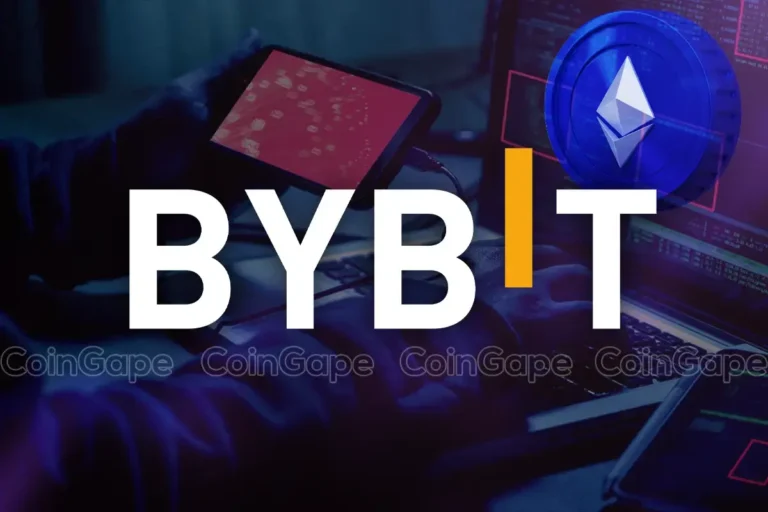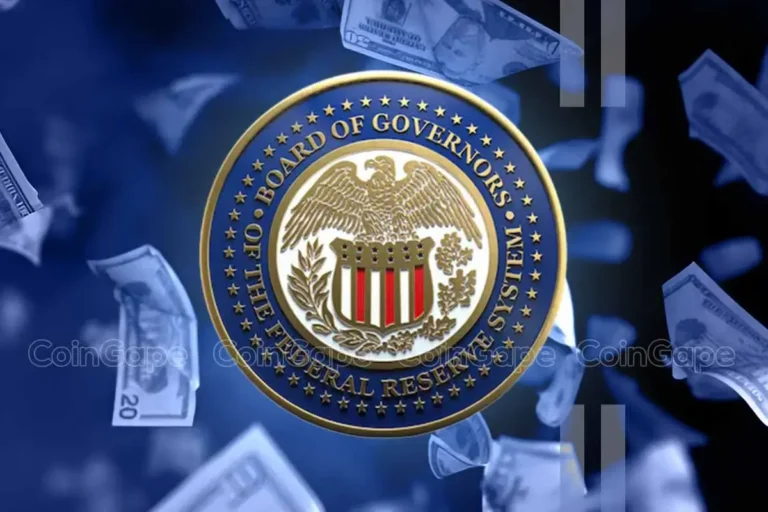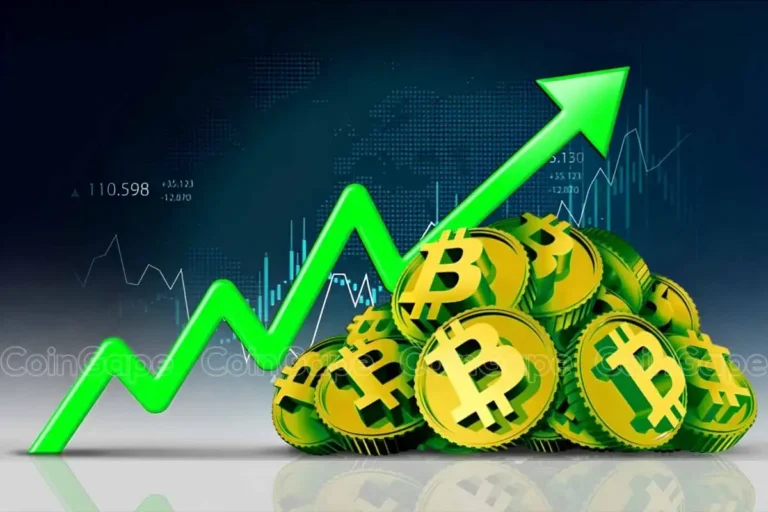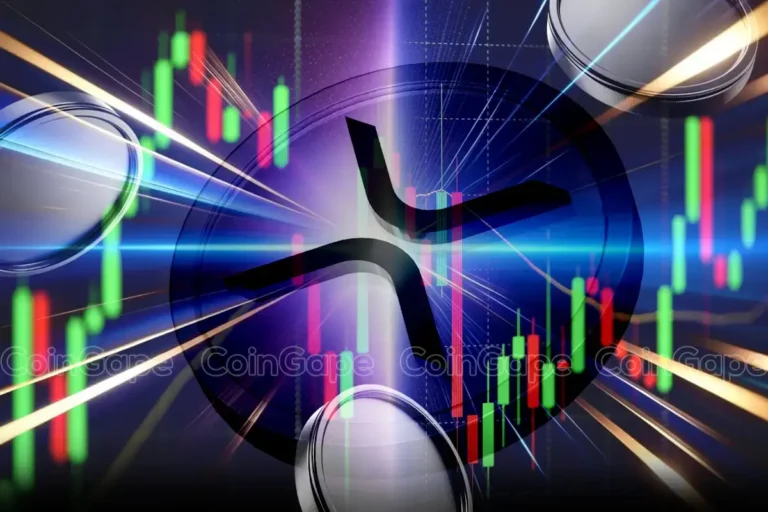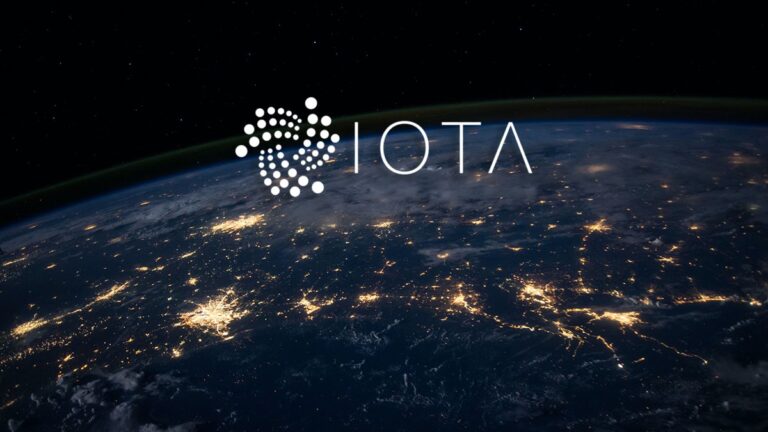Ripple’s Victory: SEC’s Appeal Denied in Legal Battle Over XRP’s Classification

- Ripple Triumphs Over SEC: District Court Judge rejects SEC’s appeal, bolstering Ripple’s stance on XRP.
- Legal Battle with Broader Implications: The classification of XRP as a security could have set a precedent for the entire cryptocurrency industry.
In the ever-evolving realm of blockchain and cryptocurrencies, regulatory clashes have become increasingly common. One of the most compelling and closely-watched conflicts has been the legal skirmish between Ripple, the renowned blockchain-based payment protocol, and the U.S. Securities and Exchange Commission (SEC).
In a recent twist of events, Ripple has emerged triumphant as District Court Judge Analisa Torres decisively rejected the SEC’s attempt to file an appeal. The key factor behind this pivotal ruling was Judge Torres’ belief that the SEC failed to present substantial grounds justifying a difference of opinion.
Cryptocurrency Regulation Landscape at Stake
For those unfamiliar with the context, it’s important to understand the SEC’s central argument. The regulatory agency contended that Ripple’s native digital currency, XRP, should be classified as a security. Such a classification could have subjected both Ripple and XRP to rigorous regulatory oversight. This distinction becomes particularly contentious in the blockchain space, where cryptocurrencies like XRP operate on decentralized platforms and are not tied to the efforts of others, unlike traditional securities.
This legal battle held immense significance, not only for Ripple but for the entire cryptocurrency ecosystem. A victory for the SEC could have set a precedent, potentially exposing other cryptocurrencies to similar levels of scrutiny and regulation.
Ripple’s defense centered around the claim that XRP does not fit the conventional definition of a security. Instead, Ripple argued that XRP primarily functions as a medium of exchange within a decentralized system. Judge Torres’ decision, by rejecting the SEC’s motion, effectively upholds this perspective, providing Ripple and XRP with a substantial boost in their endeavors.
Following this legal milestone, XRP experienced an immediate 5% surge in value. It appears that the digital currency is well-positioned to solidify its position in the trillion-dollar payments market. With this legal clarity in the U.S., Ripple and XRP are poised to explore new frontiers within the crypto universe.
While the future of cryptocurrency regulations remains uncertain, this particular chapter underscores the intricate interplay between law, technology, and market perceptions.
